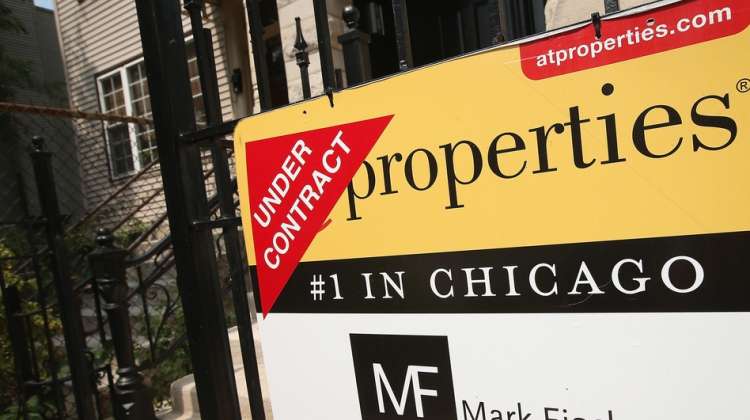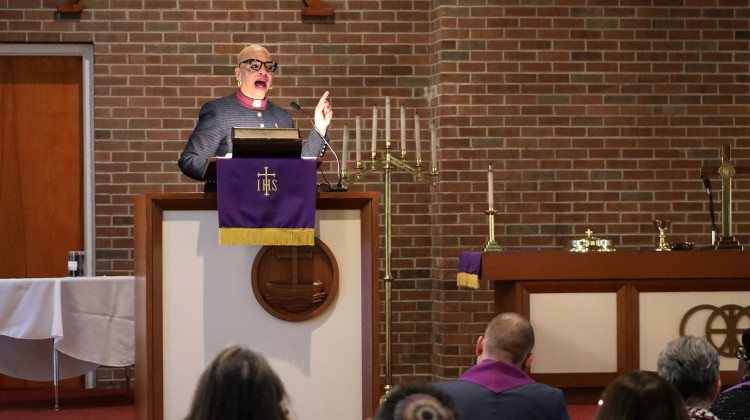The Fair Housing Center of Central Indiana is among a group of housing organizations across the country celebrating a $53 million agreement with Fannie Mae. The settlement is considered to be the first federal agreement to extend fair housing law to maintenance and marketing of properties.
The case has been 10 years in the making. The FHCCI joined the National Fair Housing Alliance and others in alleging that Fannie Mae did not maintain foreclosed homes with equity.
“So we alleged that some of these entities were not doing that in the same way in Black neighborhoods as they were in Indianapolis White neighborhoods,” Executive Director Amy Nelson said.
After the housing market crash, many foreclosed homes were acquired by federally backed Fannie Mae. The investigation looked into properties, including nearly 80 in Indianapolis, that were allowed to fall into disrepair in historically Black and Brown neighborhoods.
Nelson said the neglect even affected homeowners who were able to stay in their homes.
“They actually lost equity in their homes by having that foreclosure next door to them that was not equitably kept up,” Nelson said.
The settlement will bring about $750,000 in housing support to Indianapolis communities through grant opportunities. Gary is also one of the 39 other communities across the country that will benefit.
The funds will help rebuild communities of color through home repair, vacant home rehabilitation and increasing owner-occupied home opportunities.
The case has been in the courts for four years
 DONATE
DONATE







 Support WFYI. We can't do it without you.
Support WFYI. We can't do it without you.